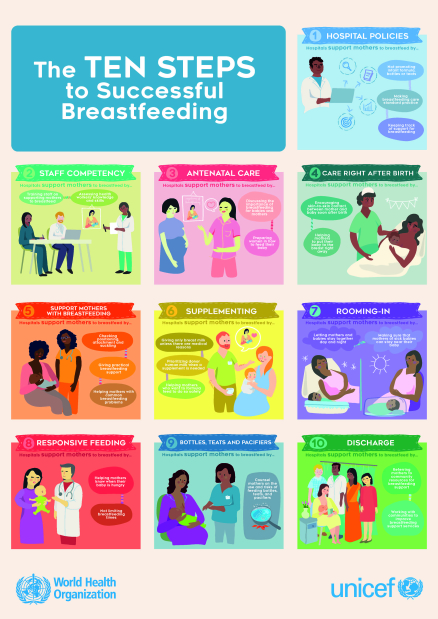The percentage of mothers in Bahrain who exclusively breastfeed infants for the first six months is lower than the World Health Organisation’s recommended target of 50 per cent, which puts a spotlight on the importance of educating women on the subject and supporting them as a community.
While Bahrain ranks higher than some of its regional counterparts when it comes to exclusive breastfeeding, as highlighted by a locally based international lactation consultant, there’s still a wide gap to be filled, as data suggests, coinciding with World Breastfeeding Week (August 1 to 7).
“During the first six months of an infant’s life, 56 per cent mothers in Bahrain breastfeed their child, but only 5.5pc exclusively breastfeed, compared with 2pc in Kuwait and 1.9pc in the UAE,” Royal Bahrain Hospital family medicine and international lactation consultant Dr Fajer Nasser told the GDN.
Dr Nasser
“In the Middle East, it was reported that exclusive breastfeeding for (the first) six months varied between countries and ranged from 2pc to 56.4pc,” she added.
Exclusive breastfeeding means the infant receives only breast milk. No other liquids or solids are given – not even water – with the exception of oral rehydration solution or drops/syrups of vitamins, minerals or medicines.
WHO and United Nations Children’s Fund (Unicef) recommend early initiation of breastfeeding within one hour of birth, exclusive breastfeeding for the first six months of the infant’s life, and introduction of nutritionally adequate and safe complementary (solid) foods at six months together with continued breastfeeding up to two years of age or beyond.
World Breastfeeding Week, supported by WHO, Unicef and many health ministries and civil society partners, is observed in the first week of August and this year’s theme is ‘Closing the gap: Breastfeeding support for all’.
“According to a study by Bahrain University, 34pc mothers practised exclusive breastfeeding before returning to work i e during 60 days maternity leave, while 16pc continued to exclusively breastfeed even after resuming work with 42pc using mixed feed and around 42pc completely stopping breastfeeding,” King Hamad American Mission Hospital (KHAMH) specialist in obstetrics and gynaecology Dr Rajani Muthukrishnan revealed.

Dr Muthukrishnan
Both doctors listed breast diseases, latching (baby fastening onto the breast) issues and a lack of good education on the topic and support as common factors discouraging mothers from breastfeeding.
“Our latest study among mothers in Bahrain about the reasons for not exclusively breastfeeding were mainly insufficient milk production, working mothers (separation from the infant) and difficulties like breast diseases and latching issues, besides lacking antenatal and postnatal education,” Dr Nasser added.
The doctors stressed on the correlation between breastfeeding and diseases such as breast and ovarian cancer.

The WHO poster on the 10 steps to successful breastfeeding
“The risk of breast cancer is reduced by 4.3pc for every 12 months of breastfeeding. This is in addition to the 7pc decrease in risk observed for each birth. Breastfeeding reduces the risk of Triple‐Negative Breast Cancer (a more aggressive type) by 20pc and in carriers of breast cancer gene 1 mutations by 22pc to 55pc,” Dr Nasser noted.
Dr Muthukrishnan highlighted health benefits of breastfeeding for both mother and child.
“Breastfeeding provides the infant with the required nutrients and antibodies that prevent health problems. They are also less likely to be hospitalised and obese. Bottle-fed babies have a higher chance of obesity and Type 2 diabetes.
“Breastfeeding mothers have a lower risk of breast and ovarian cancer and diabetes. Their uterus will heal faster and return to its normal position after delivery and it’s easier for them to lose weight,” she explained.
In addition to giving mothers access to education and support, Dr Muthukrishnan stressed the importance of broader awareness campaigns and a community effort – from family to workplace and healthcare bodies.
“National breastfeeding awareness campaign posters, which will influence women to improve their knowledge and understand the benefits of breastfeeding like ‘The 10 steps to successful breastfeeding’ posters (by WHO) should be displayed in public places,” she added, highlighting that antenatal classes and breastfeeding sessions are available at American Mission Hospital in Manama and KHAMH in A’ali, starting from 32 weeks of gestation.
melissa@gdnmedia.bh


&uuid=(email))